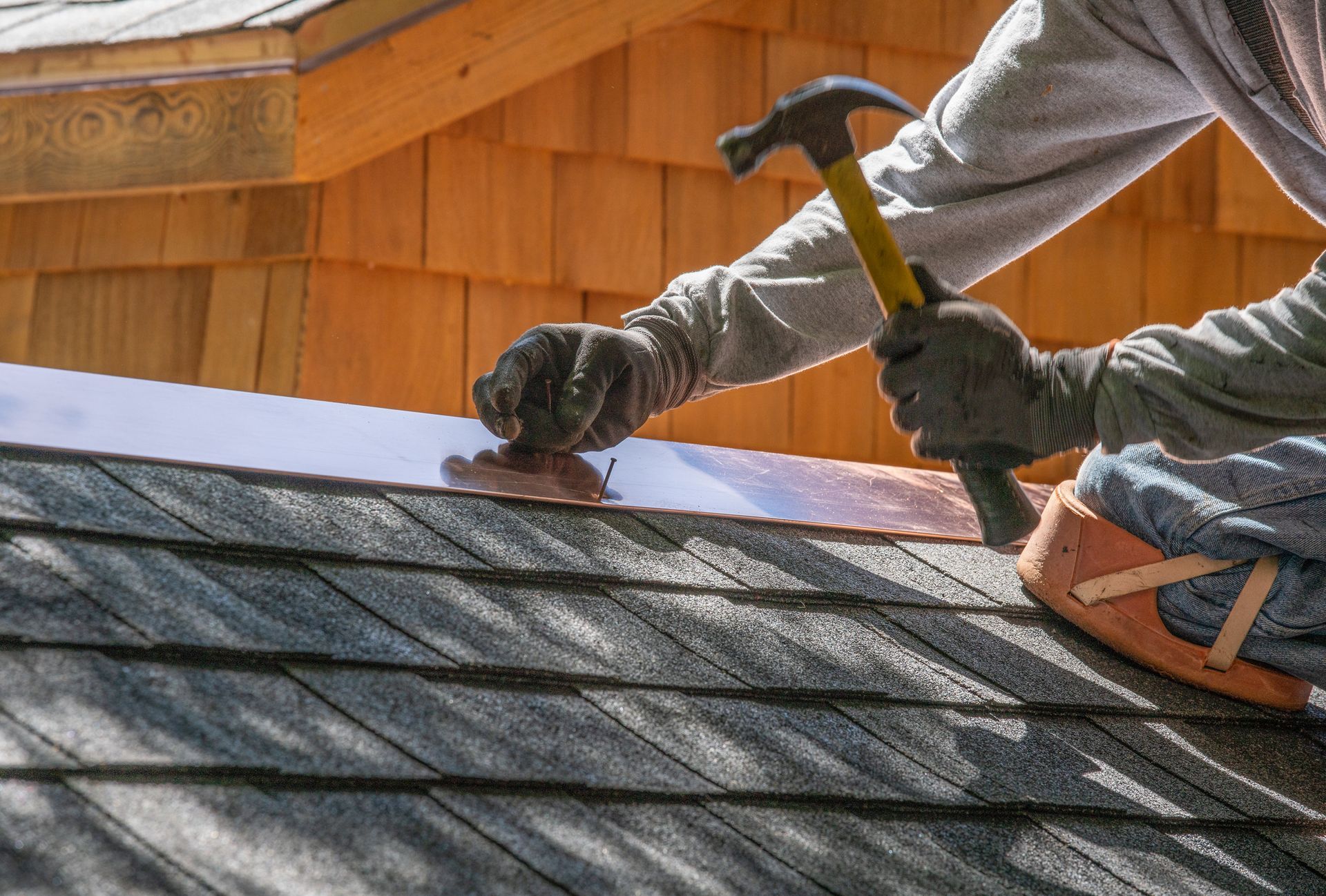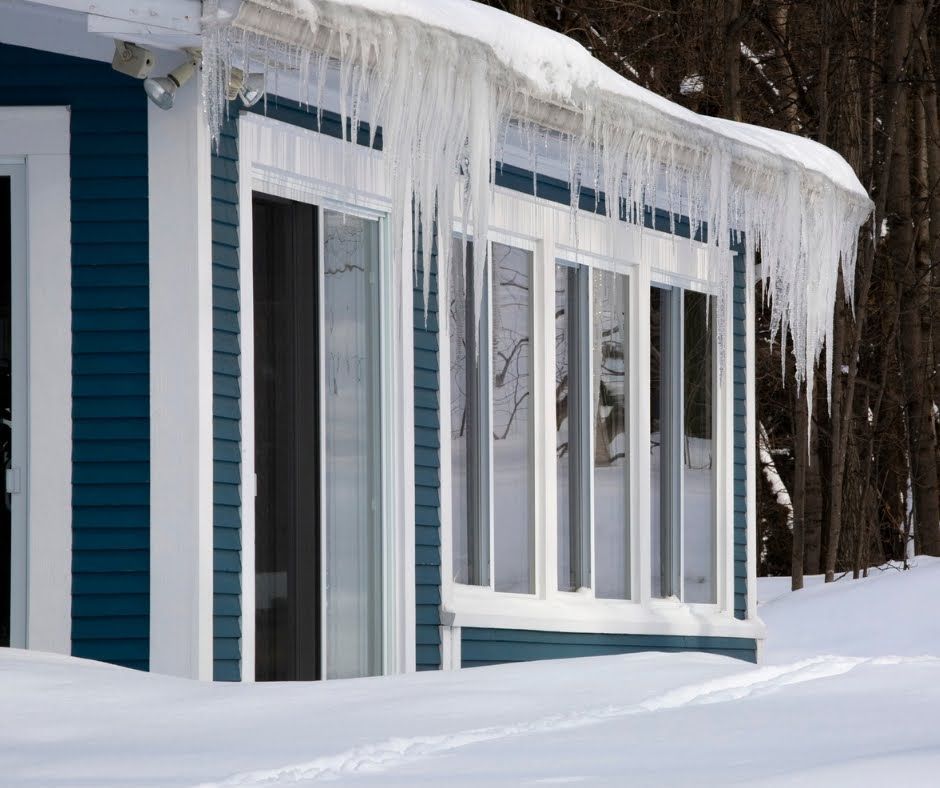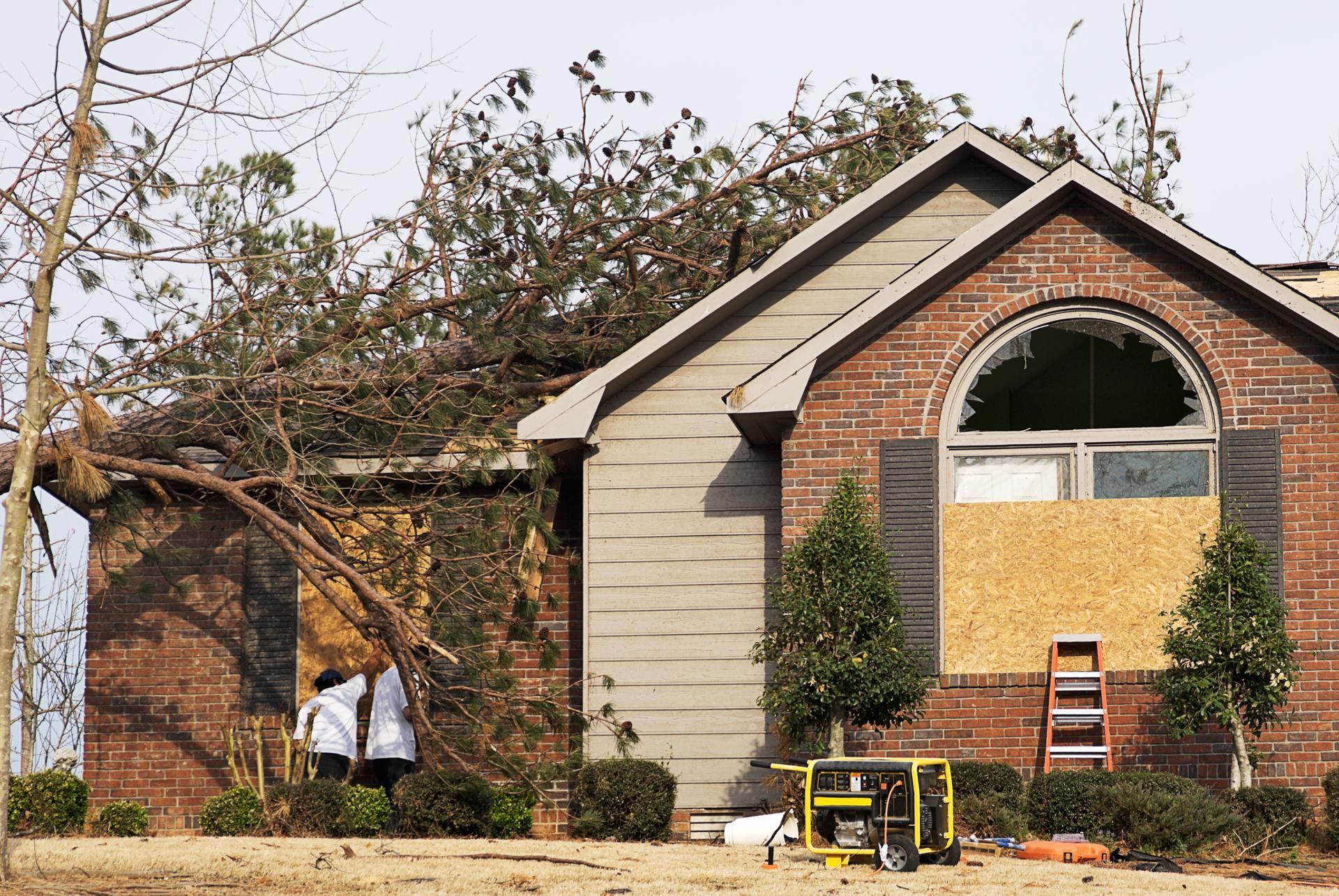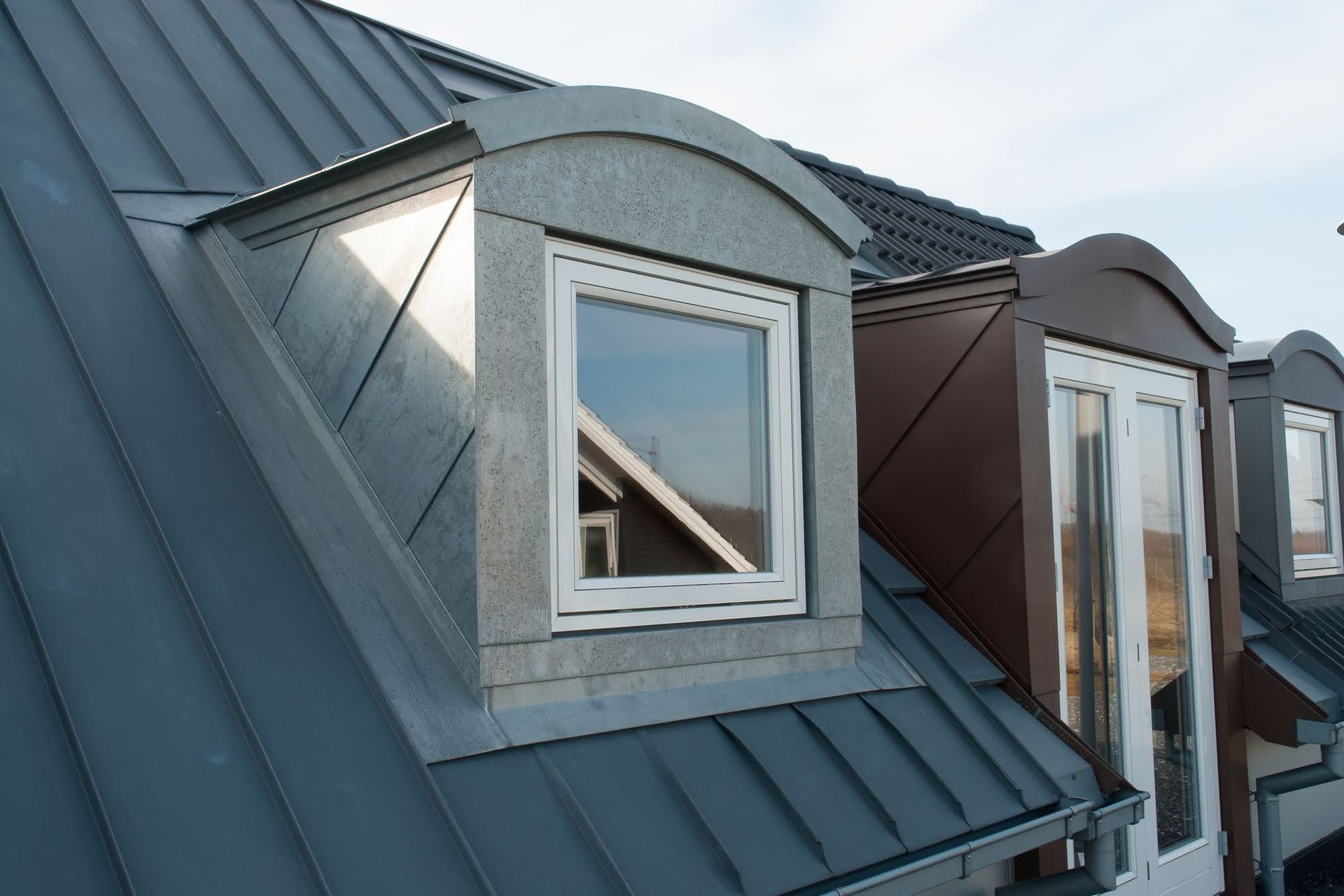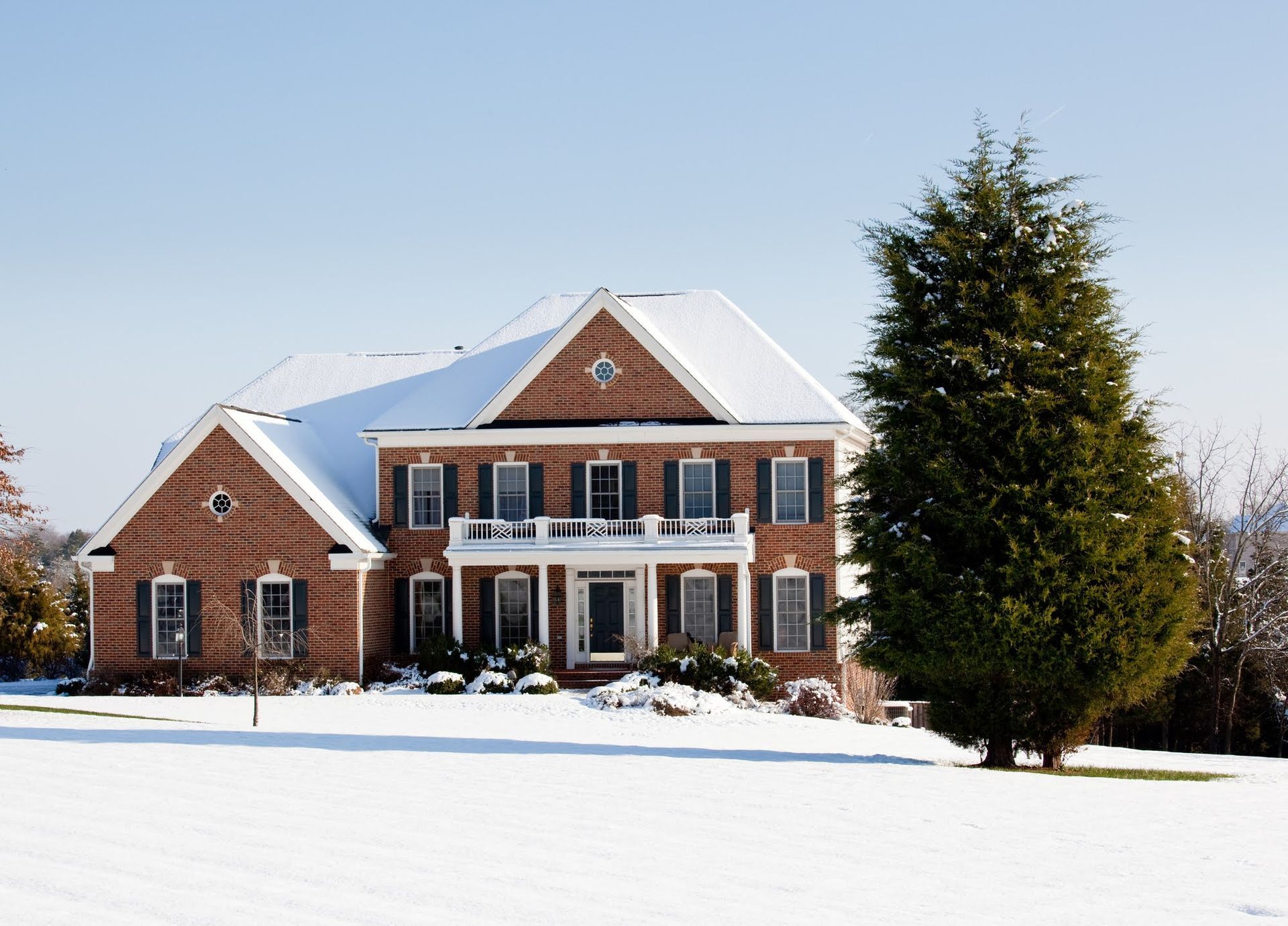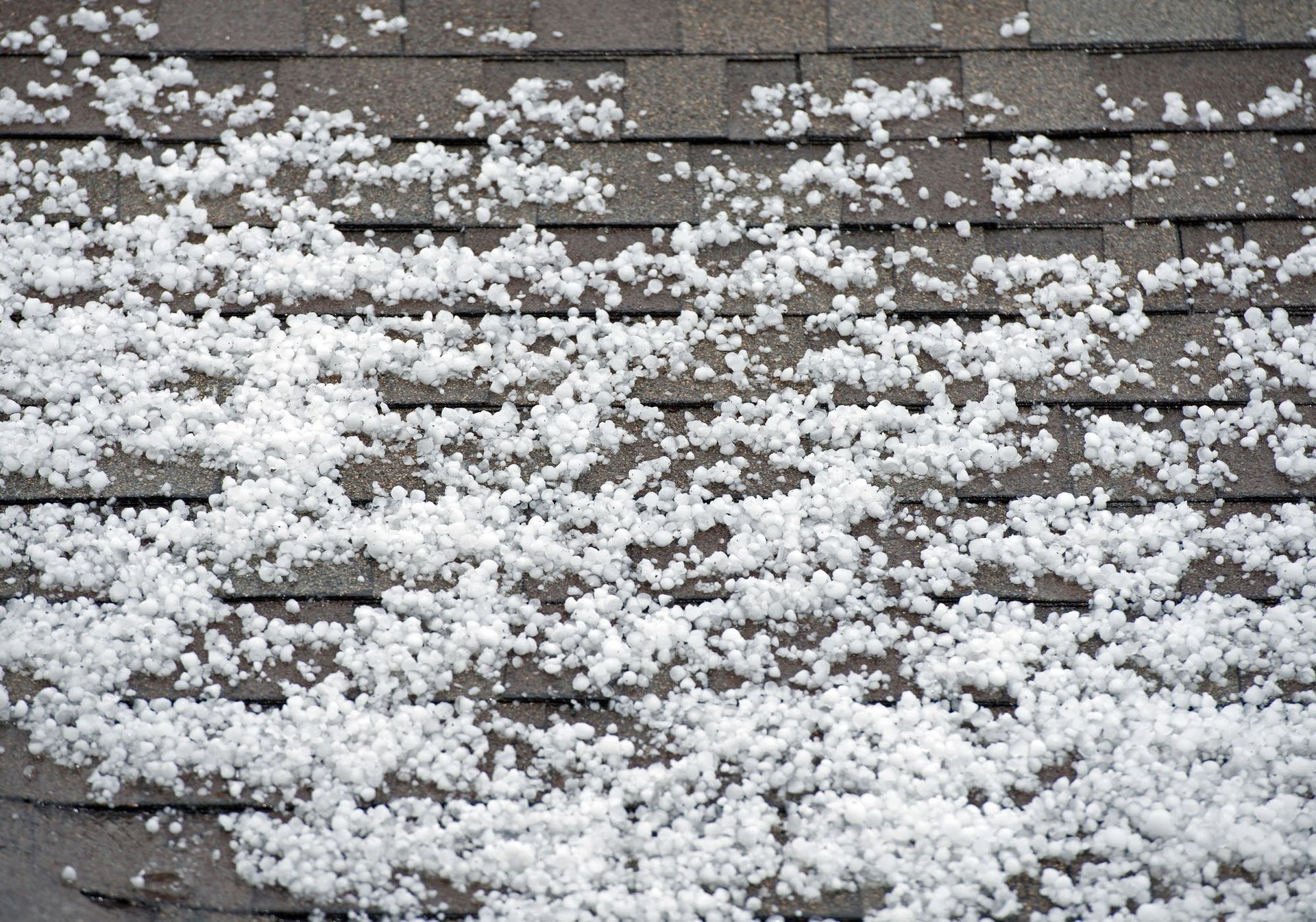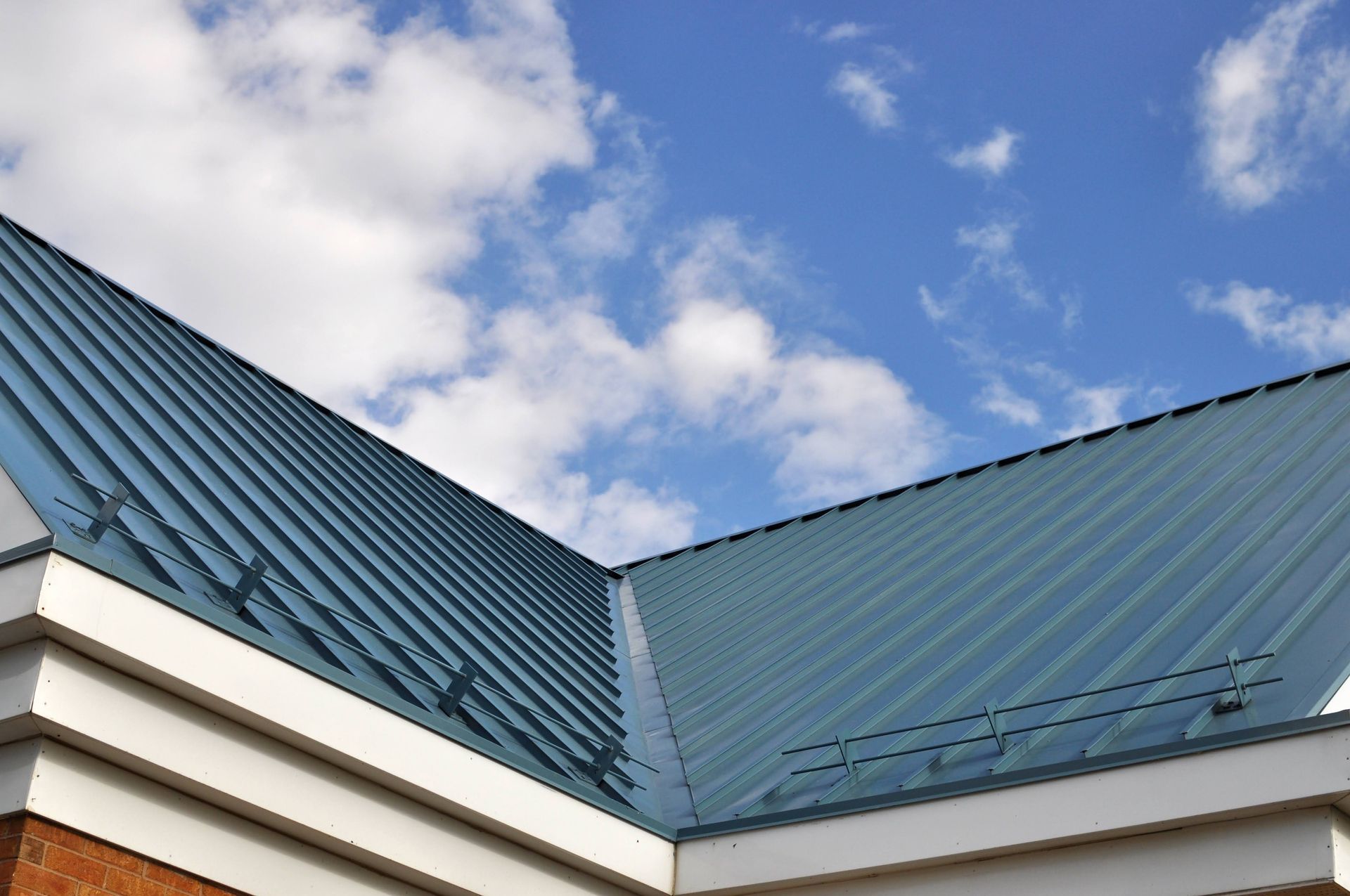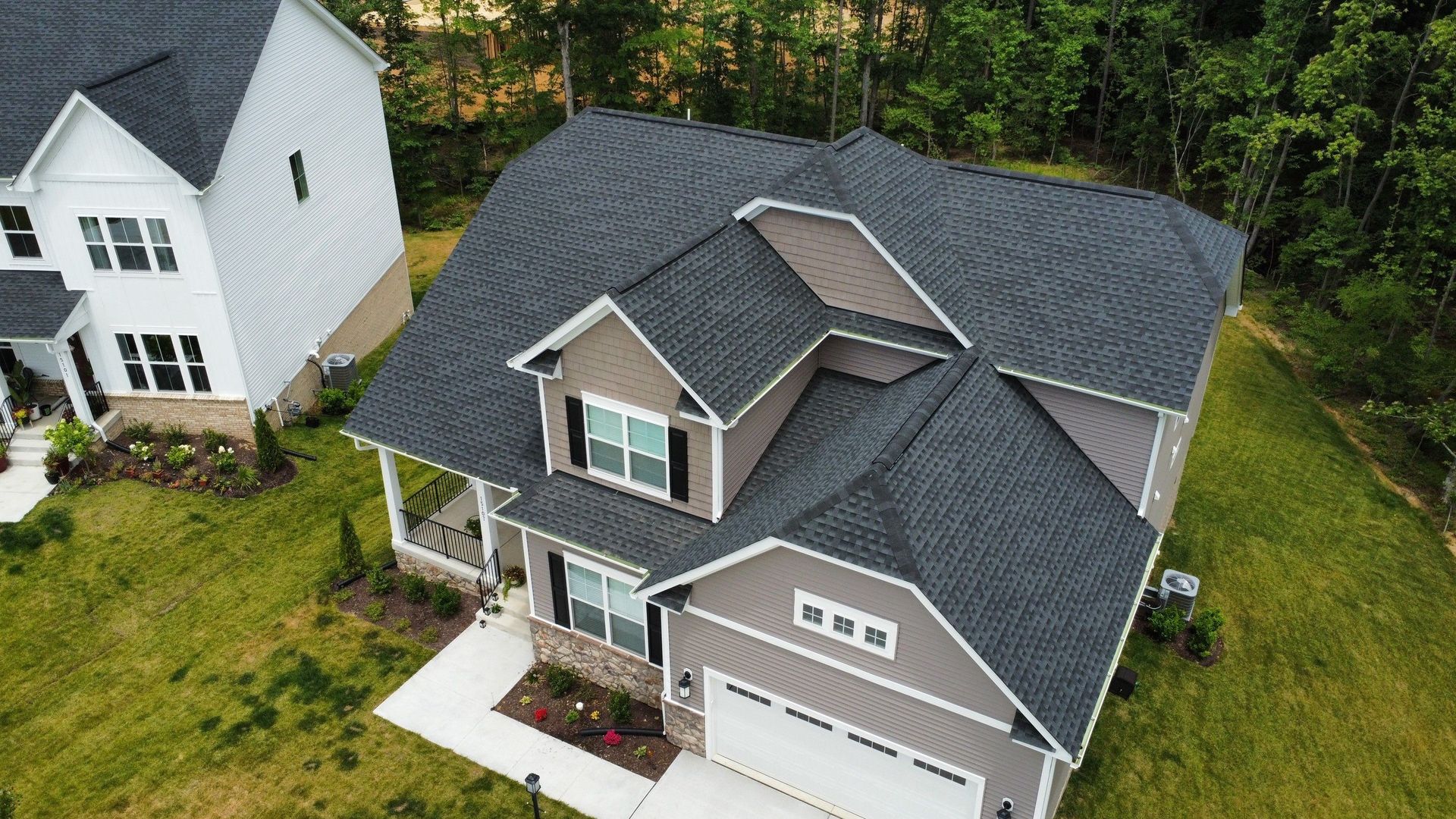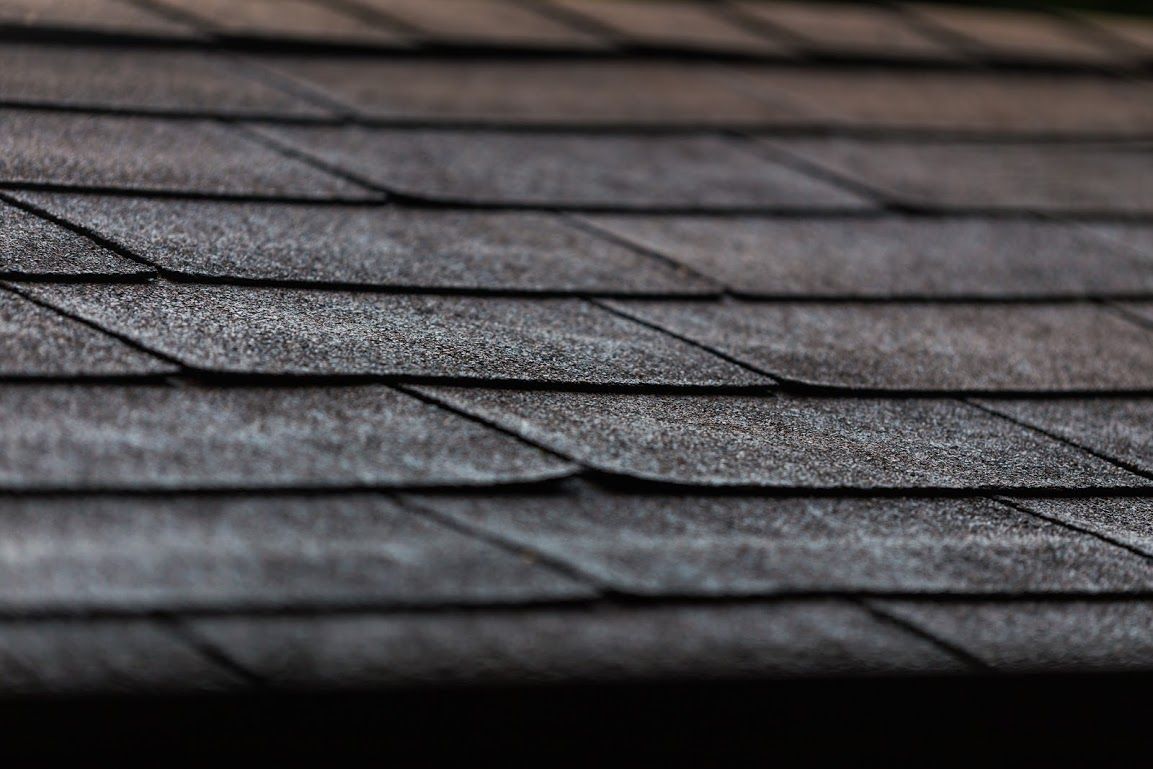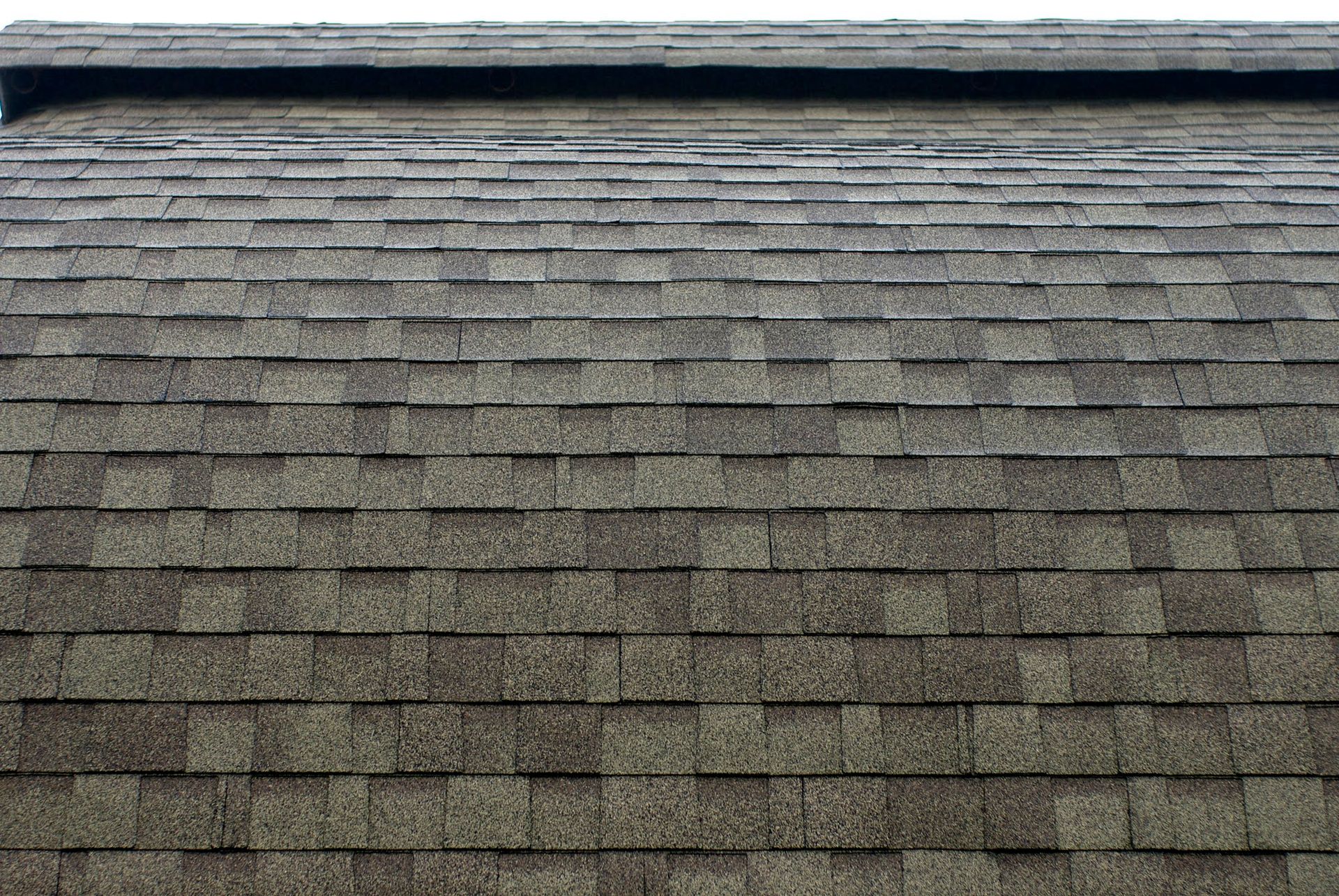Essential Questions About Your Roof
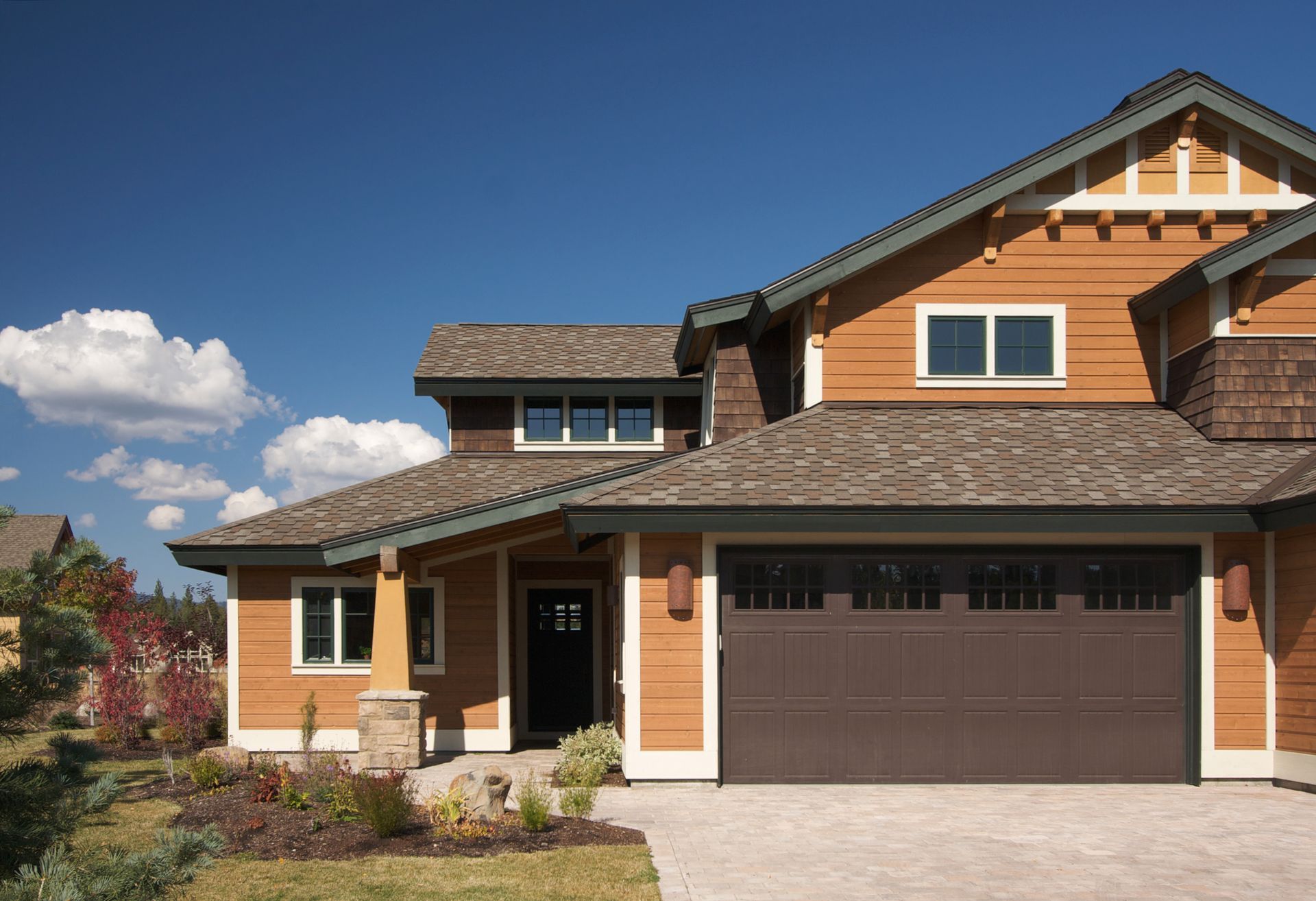
Your roof is an important part of your home that might go unnoticed until a problem springs up. When something goes wrong with your roof, or it is time to get a roof replacement, you might suddenly have a lot of questions about your roof. This space is all about common roofing questions and their answers.
Can a New Roof be Installed Over the Old Roof?
Yes, a process known as re-roofing allows a new layer of roofing to be placed over the existing one. This method is more cost-effective than a complete tear-off; however, there are limitations considering weight distribution and structural soundness. Always consult with a roofing professional to determine if re-roofing is suitable for your home.
What Is the Optimal Time to Replace a Roof?
The best time to replace a roof is before it becomes a hazard or the source of leaks. Summer and fall are preferable, as they provide more predictable weather. Replacing a roof in winter is challenging due to the cold, and in spring, the frequent rain might delay the installation.
Can I Get a Roofing Warranty and Insurance?
It's vital to have both. A warranty from the roofing manufacturer provides peace of mind for product defects, while homeowner's insurance offers financial protection for any damage caused by unforeseen circumstances, like severe weather. Consulting with your insurance provider about relevant policies is highly recommended.
What Makes a Roof Sustainable?
Sustainable roofing involves materials, longevity, and energy efficiencies. Consider asphalt shingles with a higher solar reflectance, which can contribute to lower energy costs. Metal roofs, known for their longevity, can last for many years. Always aim for materials with a high degree of recyclability post-use.
How Can I Detect a Roof Leak?
Leak detection starts with a visual inspection of your attic or the top floor of your home. Here are some common things to look for.
Water Stains
Any discoloration on the ceiling is a likely indication of a leak.
Mold or Moisture
Check for mold growth or dampness.
Outside Observations
Sometimes, you may notice water dripping into your home, which is an obvious sign of a leak.
Remember, water travels along structures, so where you see the stain might not be the leak's origin.
How Often Should I Clean My Gutters and Inspect My Roof?
Regular maintenance is key to a roof's longevity. Clean gutters regularly, and inspect your roof system as recommended by your roofer. You can do a visual check yourself, but it's advisable to get a professional assessment on a regular basis.
When Is It Time to Call a Roofing Contractor?
You should call a roofing contractor when:
- You're unsure about the condition of your roof.
- You are not equipped to handle minor repairs.
- There's an obvious problem, such as a leak.
- It's time for scheduled inspections or maintenance.
Do I Need a Permit to Replace a Roof?
Permit requirements vary by locality, but in many areas, yes, you do need a permit. This ensures that the work is up to code and meets safety standards. Your roofing contractor should handle the permitting process, and it's essential to confirm this before any work begins.
Your roof may not be the most championed part of your abode, but it is surely the most crucial in protecting what lies beneath from the whims of the outdoors. Understanding its nuances is akin to knowing the unsung hero within your midst. Armed with this FAQ, you can now approach roof-related decisions with confidence and clarity. Remember, when in doubt, reach out to a professional—your roof and your peace of mind are certainly worth it.
Contact us to learn more.
BROWSE OUR WEBSITE
CONTACT INFORMATION
Address: 8516 Sanford Drive, Henrico, VA 23228
Phone: 804-362-6504
Email: roofing@cbchandler.com
BUSINESS HOURS
- Mon - Fri
- -
- Saturday
- Appointment Only
- Sunday
- Closed


